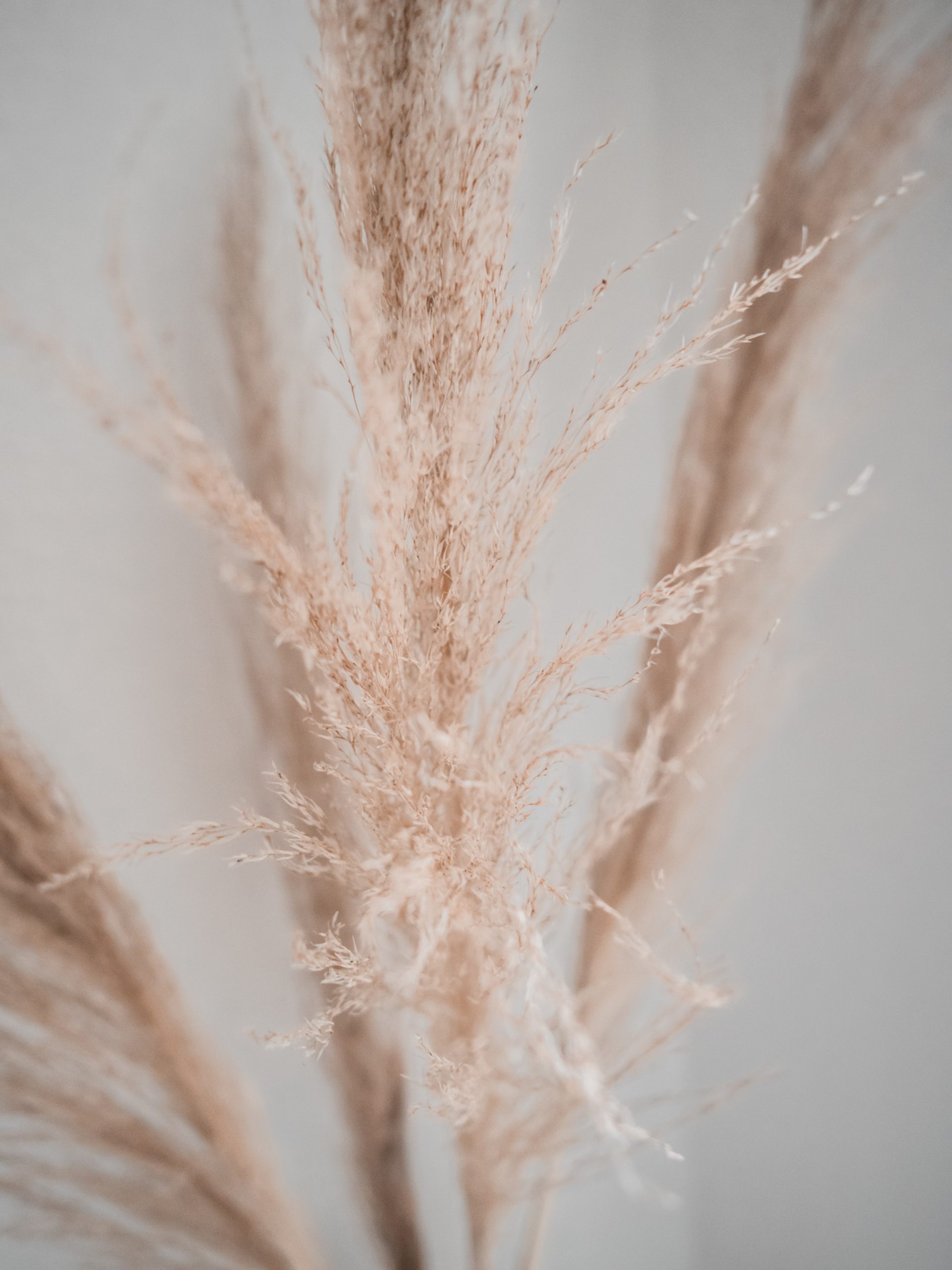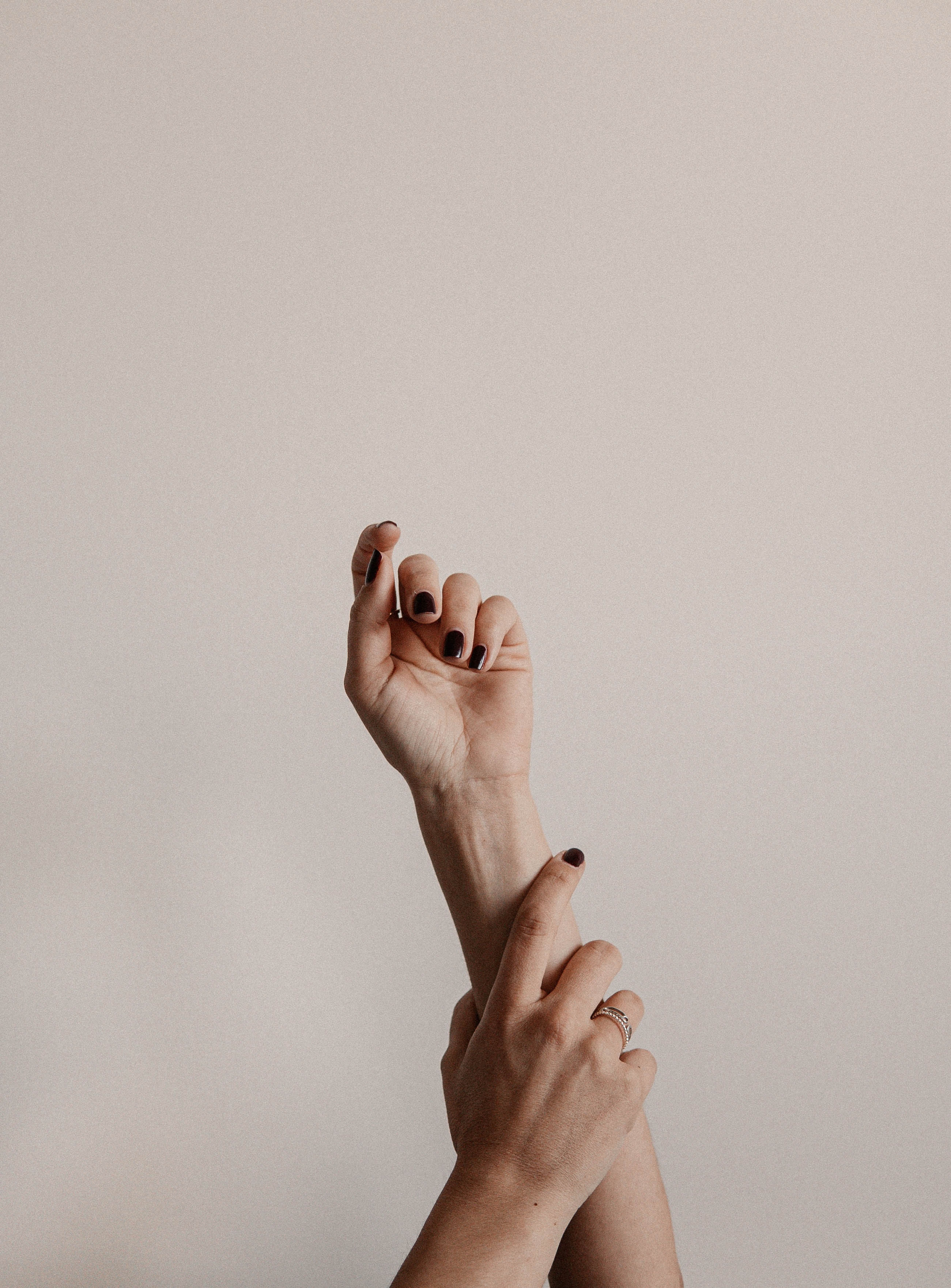Before we dive into the low down on Big Joe, I gotta preface this blog by making my mission clear:
I’m not here, putting my life and thoughts on the internet daily, to be a fun sucker. That is in fact the job of my husband, Evan (#kiddingnotkiddinglovehimforit).
REAL TALK: MY GOAL, IN LIFE, IS TO BRING JOY AND FUN BACK TO FOOD (DRINKS AND COFFEE VERY MUCH INCLUDED!!).
… and coffee (do not hold the caf) is very much a part of my feel-good routine.
Prior to pregnancy, you’d often find me driving 20 minutes out of the way to get my favorite FROTHY LATTE from my local cafe. I was the first to get a double shot and HAPPY to pay extra.
LIFE IS ABOUT THE SMALL STUFF – AND COFFEE, WELL, IT’S MY SMALL STUFF!
I never imagined not drinking caffeinated beverages in pregnancy. I remember learning back in grad school that it was, in fact, very much allowed and therefore, considered safe.
But now that I’m here in this life stage, and a bunch of years out of school, I was curious about what the research said vs. the accepted CURRENT guidelines.
NECESSARY DISCLAIMER ON CITING RESEARCH:
Most of the time, when people cite research for the sake of making an argument, they’re just summing up what they read in the NY Times, or another article that supports their beliefs. Few people take it to PubMed and read the full studies.
… annnnnnd even if they do get as far as reading the full studies, it’s incredibly common for people to cherry-pick the findings that support their belief, even if there is additional relevant research in the same study that could change the conclusion.
This is all to say, that while I am writing this blog post as a part of my own pregnancy journey and sharing what led me to make these decisions, I am coming at the “I did research!” from a standpoint of someone who has read a bunch of full studies, and learned how to *read research* and *interpret the data* while earning my Master’s in Nutrition at Columbia University.
Now that we’re got THAT out of the way (!), without further ado…
My goal was to look at the data, assess the methods, and THEN, compare my thoughts to the current guidelines provided, as well as provide some insight on my choices regarding caffeine, and how I’m filling that void in my life without adding chemicals to my body or baby (keep reading).
Truth is, guidelines can change, and what we consider “safe” often changes as research evolves.
In fact, there’s often A LAG in guidelines changes, so staying current on the actual research (not necessarily just the guidelines) for me, is key.
This blog post is fueled by personal experience and wanting to do what’s truly best for ME and the baby – given all the data available.
It’s not an anti-doctor, anti-all-things-western-medicine, or even a QUESTION EVERYTHING YOUR DOCTOR TELLS YOU blog post. Heck, it’s not even REALLY anti-caffeine in pregnancy!
But, I do believe this warrants discussion and hopefully empowers you to think a little bit more about your choices as well as consult with your intuition when it comes to all the choices we GET to make while growing a human being.
Let’s back it up.
WHY IS EVALUATING THE SAFETY OF CAFFEINE IN PREGNANCY EVEN IMPORTANT?!?!
Caffeine crosses the placenta and increases maternal catecholamine levels (stress hormones).
Concerns have been raised about the potential relationship between caffeine exposure and the incidence of spontaneous miscarriage.
(https://www.acog.org/clinical/clinical – guidance/committee – opinion/articles/2010/08/moderate – caffeine – consumption – during – pregnancy)
WHERE CAFFEINE IS FOUND
Caffeine is not just in coffee – it’s in tea, soft drinks, and even chocolate. I’ll mention that naturally, my desire for chocolate has been minimal. Perhaps that’s the body making this easy for me and causing me to move away from too much caffeine? That said, I’m still consuming chocolate when the desire is there – but like always, I’m conscious and mindful about having it too close to bedtime. This is a choice I make unrelated to pregnancy as a lifelong sufferer of insomnia and sleep trouble.
Nonetheless, I was aiming to really look to explore the research on concentrated sources of caffeine – mostly found in coffee and caffeinated teas.
WHAT THE RESEARCH SAYS
This is highly debated for a reason! and I want to be extra clear here that I’m not using my platform to tell you what to do, nor do I even think there is a SINGLE RIGHT WAY to do anything.
Like all things food and health – I don’t see things as “good” or “bad”.
Most things at some consumption level will have some level of risk and it’s up to you how far you want to take that.
So, when I say NO JUDGEMENT ON YOUR CHOICES, I MEAN, NO JUDGEMENT.
To my surprise, recent studies have suggested that pregnant women (or even women trying) should avoid caffeine in any amount (https://ebm.bmj.com/content/early/2020/09/01/bmjebm – 2020 – 111432). I did not avoid caffeine while trying to conceive.
On March 25, 2021, the NIH put out this statement:
Pregnant women who consumed the caffeine equivalent of as little as half a cup of coffee a day on average had slightly smaller babies than pregnant women who did not consume caffeinated beverages, according to a study by researchers at the National Institutes of Health. The researchers found corresponding reductions in size and lean body mass for infants whose mothers consumed below the 200 milligrams of caffeine per day — about two cups of coffee — believed to increase risks to the fetus. Smaller birth size can place infants at higher risk of obesity, heart disease and diabetes later in life.
https://www.nih.gov/news-events/news-releases/moderate-daily-caffeine-intake-during-pregnancy-may-lead-smaller-birth-size
This study, published this year (2021), looked at 2,055 women, and found that “increasing caffeine measures were significantly associated with lower birth weight, shorter length, and smaller head, arm, and thigh circumference.”
Studies do show that maternal caffeine intake is associated with an increased risk of miscarriage, stillbirth, and low birth weights. Here’s a meta-analysis of 13 studies.
Does this mean that your coffee intake will cause these things? NO, WE DON’T KNOW THAT, and we certainly don’t know at exactly what precise level the risk goes up.
WHAT ARE THE CURRENT OFFICIAL RECOMMENDATIONS?
American College of Obstetricians and Gynecologists (ACOG) states that a pregnant woman should not exceed more than 200 mg of caffeine per day – that’s about 2 cups of coffee (because we don’t talk in MG of caffeine when ordering our venti cold brew, we call this roughly “2 cups of coffee”). As you’ll see below in a moment, caffeinated beverages WIDELY range in their caffeine content. Therefore, this guideline of 2 cups is very misleading as most people don’t know how much caffeine is in each cup (or what classifies a cup!).
I ALSO looked for the updated Dietary Guidelines for Americans (updated 2020 – 2025), and their official statement. This is what I found in the “pregnancy and lactation” section:
Many women consume caffeine during pregnancy or lactation. As discussed in Chapter 1, most intake of caffeine in the United States comes from coffee, tea, and soda. Caffeinated beverages vary widely in their caffeine content. Caffeine passes from the mother to infant in small amounts through breast milk, but usually does not adversely affect the infant when the mother consumes low to moderate amounts (about 300 milligrams or less per day, which is about 2 to 3 cups of coffee). More information is available at cdc.gov/breastfeeding/breastfeeding – special – circumstances/diet and – micronutrients/maternal – diet.html. Women who could be or who are pregnant should consult their healthcare providers for advice concerning caffeine consumption.
Dietary Guidelines for Americans (updated 2020 – 2025), find the entire PDF here.
As you can see, they avoided the entire question altogether when it comes to pregnancy and focused on lactation purely. Thanks for the help, guys!!
Before pregnancy, I knew about the <200 mg of caffeine guideline. Without reading the research, I was pleased to know that when I would be pregnant one day, I could still have a cup of coffee (or 2).
However, now that I’m here, I’m really surprised at such a generous recommendation given the research is so conflicting.
Per ACOG, the allowance of <200 mg of caffeine is because the studies that look at the association have been limited by small sample sizes and the retrospective collection of data is therefore influenced by recall bias, particularly in patients interviewed after loss. Therefore, you can’t accurately pin the outcome on the behavior.
The best way to determine the relationship between pregnancy outcomes and caffeine would be a randomized control trial – but even then we’d need to consider many hard-to-quantify factors.
However, for ethical reasons, it’s very difficult to conduct these studies on pregnant women.
MY THOUGHTS
Given the unknown and potential for harm, I do think 200 mg is lenient.
Especially because:
- most people are going to see it as 200 mg “ish”/ or 2 cups “ish” and consume more
- we don’t know the amount of caffeine per cup
- there’s variance in “cup size”
- we each have a different ability to metabolize caffeine (which may be further affected by pregnancy and other conditions)
- you never really know the strength of the bean being used or it’s concentration
WHY I’M OPTING FOR DECAF
I’m going (predominantly) decaf in pregnancy (FOR NOW – WITH THE RIGHT TO CHANGE MY MIND IF I FEEL SAFE TO DO SO AS THE PREGNANCY PROGRESSES), but more importantly, shine a light on the data.
I’m a coffee lover – and not just for the taste. I love the way it turns my brain on and its effects on my whole body. While I didn’t plan on giving up caffeinated coffee, my nausea and first-trimester food changes made it easy. For a whole month, coffee was THE LAST THING ON MY MIND. This broke my daily caffeine addiction naturally and led me to seek out some more information before just adding it back out of habit.
During my initial weeks of pregnancy, I intuitively felt that the bleeding I experienced could be related to my coffee intake. No, I wasn’t sure, and this was long before I even looked at any data. Trust me, it was not FUN giving up my favorite part of my day.
But, I listened to my gut and immediately stopped drinking my morning cup – as we know, the bleeding stopped.
While MY STORY IS PURELY ANECDOTAL and LIKELY JUST COINCIDENTAL that my bleeding stopped when I cut out caffeine, it’s still worth mentioning and it’s a big reason I looked into this.
As nausea picked up, my interest in coffee faded. But as I started to feel better, I wanted coffee and my morning routine back!
Cue Decaf – but not just any ole’ decaf (I’m getting to it!!)
I got a great decaf from my local coffee shop, Four Five (wuddup For Five fam!!) that uses the Swiss Water® Process to decaffeinate.
If you’re drinking decaf daily, pregnant or not, this is something you should know about.
If you’re just the occasional decaf drinker, I wouldn’t sweat making this change. However, you should know that not all decaf is created equally!
HOW DO THEY MAKE IT DECAF?!
Traditional decaf coffee undergoes a chemical process to remove the caffeine. It’s mostly effective at stripping the caffeine, but you’re also adding chemicals.
Again – not ideal if you drink daily, or are pregnant (or both in my case).
HOWEVER!! It’s worth mentioning that with everything EVEN WITHIN PREGNANCY, I remain flexible: when I don’t have access to my home beans, I settle for decaf without freaking out over trace chemicals.
THE SWISS WATER® PROCESS METHOD
The Swiss Water® Process method uses only time, temperature, and water to remove the caffeine – and is reported to successfully remove 99% of the caffeine. No chemicals are used. Sometimes flavor is also dissolved by way of this process, but the beans I use happen to be delicious! It’s a medium roast from my local café where I used to indulge in their regular lattes. You can get it here. It can be used for lattes or drip coffee. This is the grinder I use.
IN SUM
I think the current recommendations are generous, open to interpretation, and abstract for most casual coffee drinkers.
I suspect in the next few years we’ll see them become more stringent.
Again, I do not think coffee, in general, is necessarily dangerous – but I think the information should be more forthcoming and the guidelines provided to the public should have more context, be specific, and have consumer-friendly language.
If you’re pregnant, and a cup of coffee per day is working for you – GREAT! This is a modest approach and can be part of YOUR self-care.
If you’re teetering between 2 and 3 cups a day – it might be worth scaling back.
If you’ve given up caffeine completely and miss coffee, try the decaf I’m loving. There are also plenty of tea options like this French Roast Flavor as well as a dandy blend!
ADDITIONAL CITATIONS + RESEARCH
https://ebm.bmj.com/content/early/2020/09/01/bmjebm – 2020 – 111432





Thanks for this! Love reading all sides of the caffeine debate. As someone who is trying to give it up in their first trimester but hit the fatigue around 2-3pm and don’t have the ability to just go home and nap (work), are there any suggestions you may have to boost energy? Getting 8-10 hours a night as well but still crash late afternoon.
Thanks!